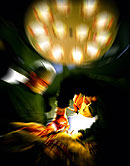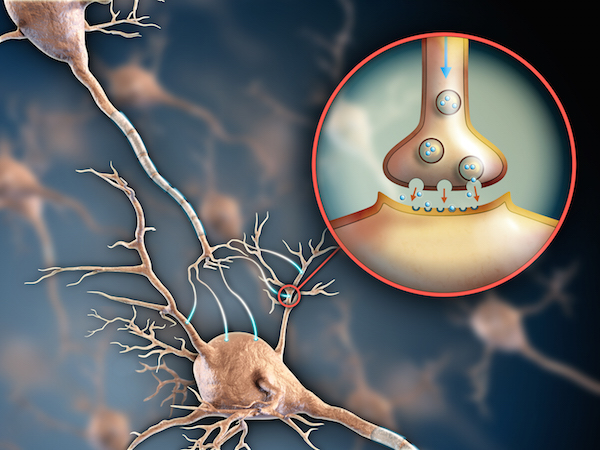
MONDAY, April 18 (HealthDay News) — Surgeons who drink to excess the night before they operate are more likely to make errors the next day, even as late as four in the afternoon, according to a novel experiment described in a recent Irish study.
The error rate in the operating room due to a hangover seemed to peak around lunchtime, according to the research, published in the April issue of Archives of Surgery.
The message appears obvious: “Surgeons and other [medical personnel] should not drink excessively the night before operating,” said the study’s first author, Tony Gallagher, a professor of human factors at the School of Medicine at University College Cork in Cork. “The definition of excessively is an issue that needs to be defined by the surgical profession.”
In fact, with all the challenges posed by modern image-guided surgical techniques, “abstinence from alcohol the night before operating may be a sensible consideration for practicing surgeons,” the study authors concluded.
Unlike airline pilots, who have had to follow a “bottle-to-throttle” mandate restricting drinking before flights since 1971, surgeons have no “bottle-to-scalpel” rule.
No airline pilots can fly if they have consumed alcohol 8 hours before takeoff or if their blood alcohol is 0.04 or more, according to federal regulations, and pilots are encouraged not to drink at all the day before flying.
But in the medical profession, “doctors are expected to be substance-free all the time on the job, but there’s no real rule of [drinking alcohol outside of work hours],” said Dr. Albert Wu, professor of health policy and management at Johns Hopkins University Bloomberg School of Public Health in Baltimore. “If their findings are replicated, it would reasonable to [restrict] alcohol consumption ‘x’ hours before assuming duty.”
The Irish researchers focused on minimally invasive laparoscopic surgery, which, they noted, makes particularly high demands on a surgeon’s cognitive and perceptual abilities.
The researchers actually performed two studies. In the first, 16 college science students with beginning laparoscopic skills were told to either not drink alcohol the evening before a simulated surgery or to drink till they were drunk.
In the second, eight experts were given license to drink all they wanted.
Whether they had been instructed to consume alcohol or not, the participants gathered together for a group dinner with at least one investigator present to determine intoxication levels.
All experts performed a simulated surgery using the Minimally Invasive Surgical Trainer Virtual Reality (MIST-VR) system the day before the group dinners to establish a baseline.
The day after the dinner, both groups performed the simulated virtual reality surgeries on the same system at 9 a.m., 1 p.m. and 4 p.m.
In the first group, timed scores weren’t significantly different between the drinking and abstaining groups, but there were more errors among the drinkers.
The researchers noted similar impairments linked to drinking in the second group, with differences peaking at 1 p.m. and leveling out by 4 p.m. Errors were made throughout the day, although only the errors at 1 p.m. were statistically significant.
Oddly enough, the physicians actually performed the procedure faster the morning after excessive drinking, compared to their baseline performance. However, this was something the authors said could be attributed to loss of inhibition, not better performance.
There were no differences in error rate pre-dinner and post-dinner in the control group of students who abstained from drink.
“Surgeons and medicine need to have a discussion about the implications of these results. But one thing is clear: they should not be drinking excessively the night before operating,” said Gallagher, who is also with the National Surgical Training Center at the Royal College of Surgeons in Dublin.
But impairment doesn’t just come from a night on the town, explained Wu, adding, “This is just the tip of a substantial iceberg.”
“Almost everyone is impaired at some point in time,” he said. “It’s plausible to think a splitting headache or sleep deprivation would affect attention and conscientiousness, even skipping meals, fighting with a spouse, looming debt, a sick family member.”
The findings of this study, if replicated in future studies, “might be worth thinking about — but alongside a lot of other things,” Wu said.
More information
The National Patient Safety Foundation has more on how to safely navigate the healthcare system.

